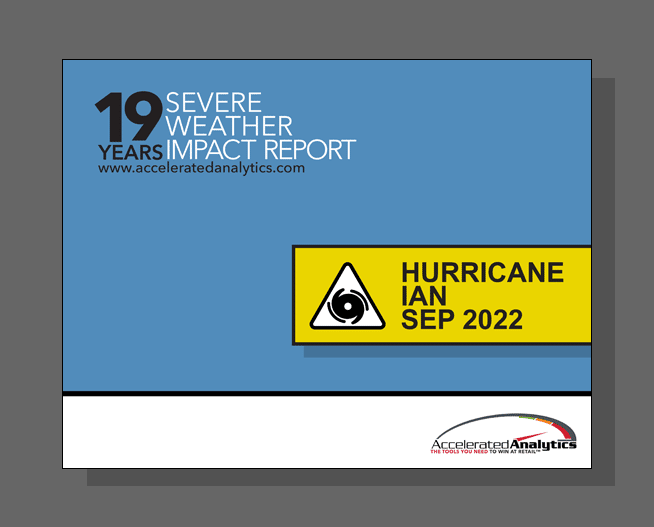April 25, 2014
Probably. Starting in 2007, U.S. consumers began to build up savings, and pay off more old debt than the amount of new credit card, mortgage, or other household debt they incurred. Of course, this had the impact of delaying the replacement of old vehicles or household appliances and furniture. The bottom line, then, was a prolonged period of very slow growth in consumer spending.
Almost seven years later, household balance sheets are in much better shape. Not so the stock of household goods. If consumers are now more confident they will be able to pay off debt, sales of furniture and appliances could accelerate as early as this spring. And this boost in consumer spending might even be enough to send overall GDP above 3 percent (annualized) and send job growth above 200,000 per month.
Is deleveraging over? The ratio of household debt to income peaked at 129 percent in 2007. By the fourth quarter of 2013, it was down to 104 percent – more the result of lower mortgage debt than any other factor. Statisticians at the Federal Reserve in New York tried to calculate an equilibrium ratio of debt to income (based on factors like the ratio of mortgage debt outstanding to home price, mortgage rates, other collateral, income and income expectations, and so on).
Not only was the debt-to-income ratio down by the end of last year, but the actual ratio was closer to the calculated ratio configured by these Federal Reserve statistics. In other words, excessive household debt was lower, reaching a more manageable level (given the current state of borrowing costs, mortgage and otherwise). Therefore, if job growth maintains its current pace, and interest rates do not rise much, there could be a spurt in shopping this spring.
Does that mean saving rates will go down? If job and wage growth accelerate, consumer spending might go through a spurt without any drop in the saving rate. Like all economic forecasts, there are a lot of ifs, but the outlook looks more favorable than it has since the end of the Great Recession.
Source: The Conference Board


